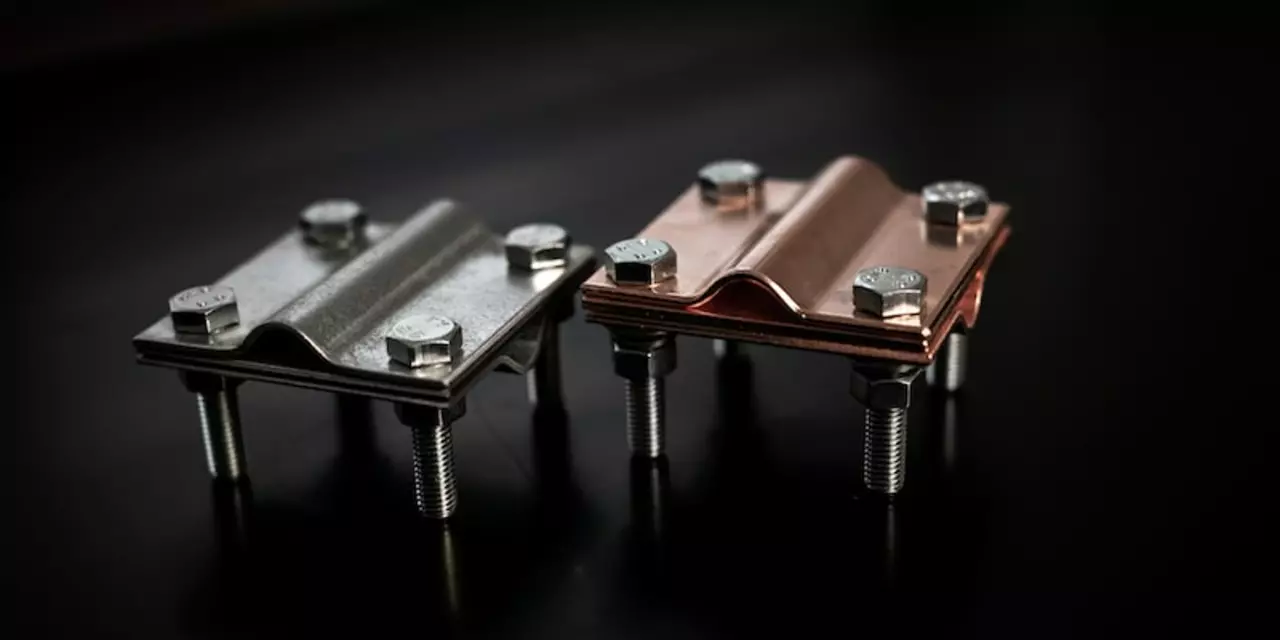Supreme Court News – What the Court Said About Phone‑Tapping
Yesterday the Supreme Court took a hard look at the Chhattisgarh government’s phone‑tapping program and didn’t hold back. The judges called the practice a breach of privacy and warned the state that no one is above the law. If you’re wondering why this matters, you’re in the right place – the decision touches on personal freedoms, government transparency, and how courts keep power in check.
Why the Supreme Court warned the state
All it took was a few petitions from civil‑rights groups for the court to notice the issue. Those groups argued that the state was intercepting calls without proper warrants, effectively spying on ordinary citizens. The justices agreed, pointing out that the Constitution guarantees a right to privacy. They reminded the state that any surveillance must follow strict legal procedures, and that vague or secret orders aren’t acceptable.
The judgment didn’t just scold the government; it set a clear standard. Any future phone‑tapping request now has to be backed by a detailed, court‑approved order. The ruling also said that any violation could be challenged in higher courts, giving people a way to fight back if they suspect they’re being watched.
What this means for your privacy
For most of us, the biggest takeaway is that the Supreme Court is willing to protect our private conversations. If you suspect that your calls are being intercepted, you now have a legal pathway to demand proof. The decision also pushes state agencies to tighten their data‑collection policies, which should reduce the amount of unauthorized monitoring.
Businesses that handle personal data should also pay attention. The court’s stance reinforces the idea that privacy isn’t just a buzzword – it’s a legal right that can be enforced. Companies may need to review how they share information with government bodies and ensure they have clear consent from users.
In practical terms, you can start by checking if any recent notices have been sent to you about surveillance. If something feels off, reach out to a legal aid organization or file a petition. The Supreme Court’s ruling has given these groups more leverage, so you’re not alone in pushing back.
Overall, the Supreme Court’s message is plain: privacy matters, and the government must respect it. Keep an eye on how other states respond – this could set a nationwide standard. And remember, staying informed is the first step to protecting your rights.
Top court defers Yatin Oza plea against Gujarat HC verdict?
The Supreme Court of India on Thursday deferred the plea filed by senior lawyer Yatin Oza against the Gujarat High Court's verdict of imposing a fine of Rs 50,000 on him. The plea sought a stay on the order passed by the High Court. The High Court had found Yatin Oza guilty of contempt of court and had imposed a fine of Rs 50,000 on him in August 2019. The Supreme Court has sought a response from the Gujarat High Court on the plea filed by Oza and the matter will be heard after two weeks.
- Jan, 28 2023
- 0 Comments
